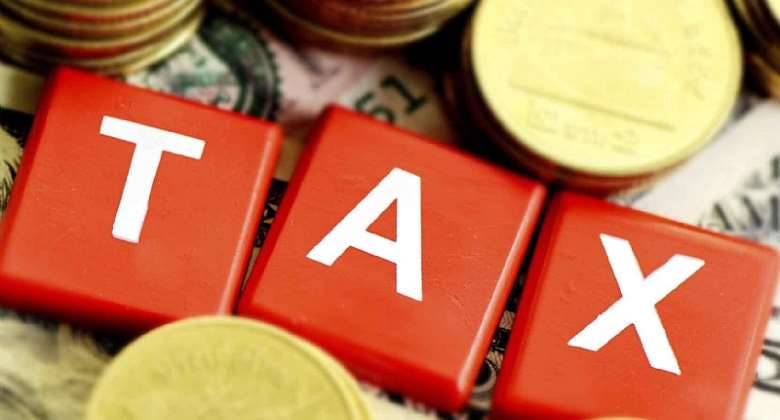Go or no go, the government has finally opened negotiations with the Bretton Woods institution on the current state of the economy. I don't want to demonize relations with the IMF, but we remind you that a fraction of the gross domestic product (GDP) will be used for interest payments - which is currently about 80 percent.
This is the seventeenth time that Ghana has joined the IMF. In addition, all 17 paths have different causes. While this latest engagement is tied to the Covid-19 pandemic and the Russia-Ukraine war, if policymakers played their part in showing discipline in implementing policies and setting up institutions – there would be a fiscal haven for the economy when it gets hit by the global economy. crisis.
To make things better, there is also a need to discuss the established income support measures, as the IMF's financial recovery does not contribute to income mobilization - it is a credit facility (loan) for short-term macroeconomic stability that attracts interest payments. The Property Rates Bill has been “sucked up” in parliament for god knows when, while the economy is losing billions of cedis in revenue. This is not a witch hunt for investors in the real estate industry, but the simple question we ask here is, “How much is going into the economy as returns as we watch real estate investment in Ghana spiraling?
Ghana property center, a real estate website lists the average price of the most expensive houses in the Greater Accra region at GH₵1,330,000, GH₵ 310,000 in the Central region and GH₵ 290,000 in the Ashanti region [1]. However, the real estate rate contributes only 0.3 percent to GDP, compared to an average of 1.8 percent in Organization for Economic Co-operation and Development (OECD) member countries. Property taxes in the UK make up a whopping 4.2 percent of GDP and 3 percent of GDP in the United States.
Additionally, preliminary results of the 2021 Population, Houses and Housing Census (PHC) by the Ghana Statistical Service (GSS) indicate that there are about 10.7 million structures in Ghana. It is also important to note that a fraction of the construction is for commercial purposes and not just for home ownership, which attracts different property prices depending on the utility value of the construction.
For simplicity and other things being equal, if each property is charged a flat rate of GH₵ 100.00 per month for 10.7 million structures, GH₵ 1.07 billion per month and GH₵ 12.84 billion per year will be generated in rates alone for real estate. This is more than twice the amount planned for the levy on electronic transactions (e-fees).
The GhanaPostGPS address system has eased the tedious task of identifying structures and their owners in Ghana. This pioneering address system can be leveraged in the use of mobile money services and the ghana.gov platform to pay property rates, eliminating human intervention to the minimum and helping to minimize corruption in property rates collection.
It is safe to say that with effective property rates in place, the economy has a potential source of revenue that can be leveraged to make the economy more resilient to withstand global economic shocks, accelerate economic development and effectively implement flagship programs that will contribute to the economic prosperity. But it is up to the Ministry of Finance, the Ghana Revenue Authority and everyone involved to approach this course with discipline, transparency, compliance and accountability.




No comments yet
Be the first to share your thoughts!